The Supreme Court affirmed the constitutionality of the Affordable Care Act. By a 5-4 vote, the individual mandate requiring most Americans to maintain "minimum essential" health insurance coverage, 26 U.S.C. 5000A, is affirmed as an exercise of Congress's taxing power.
Because the individual mandate was upheld, all aspects of the health care reform law that have been implemented will remain in effect. Most notably, beginning in 2014, all individuals will generally be required to purchase health insurance or pay a penalty.
The Departments of Labor (DOL), Health and Human Services (HHS) and Treasury will continue to promulgate regulations relating to the health care reform law, and employers and health plans will be required to comply with these to the same extent that they are required to comply with the various provisions of the health care reform law.
The waiting game is now over and the decision has been made," said Wes Mantooth, Employee Benefits Practice Leader at Gibson. "The reality is that employers need to continue moving forward with implementing the Health Care Reform requirements. Waiting to see what happens in the next Presidential election, or if parts of the law are repealed, will leave employers in a very difficult position."
Although the Supreme Court upheld the individual mandate, opponents will continue to challenge other provisions and introduce new legislation to amend or repeal various parts of the law. These actions will undoubtedly have an impact on employers and health plans in the future.
The Supreme Court ruled that Congress acted within its constitutional authority when enacting the individual mandate. In its ruling, the Court first concluded that the Commerce Clause did not give Congress the power to pass the individual mandate. The Court concluded that Congress has the authority to regulate interstate commerce, but does not have the authority to compel it. The Court stated that “construing the Commerce Clause to permit Congress to regulate individuals precisely because they are doing nothing would open a new and potentially vast domain to congressional authority.”
However, the Court held that Congress had the power to enact the mandate under its authority to impose taxes. The majority of the Court agreed that the individual mandate’s penalty is essentially a tax that Congress can impose using its taxing authority. The Court held that “our precedent demonstrates that Congress had the power to impose the exaction in [the individual mandate] under the taxing power, and that [the individual mandate] need not be read to do more than impose a tax. That is sufficient to sustain it.”
Because the Court upheld the individual mandate, it did not need to decide whether other provisions of the health care reform law were constitutional.
The Court held that the expansion of the Medicaid program is affirmed as an exercise of Congress's spending power, but that Congress cannot punish states for refusing to participate in the expansion by withholding all Medicaid funds.




